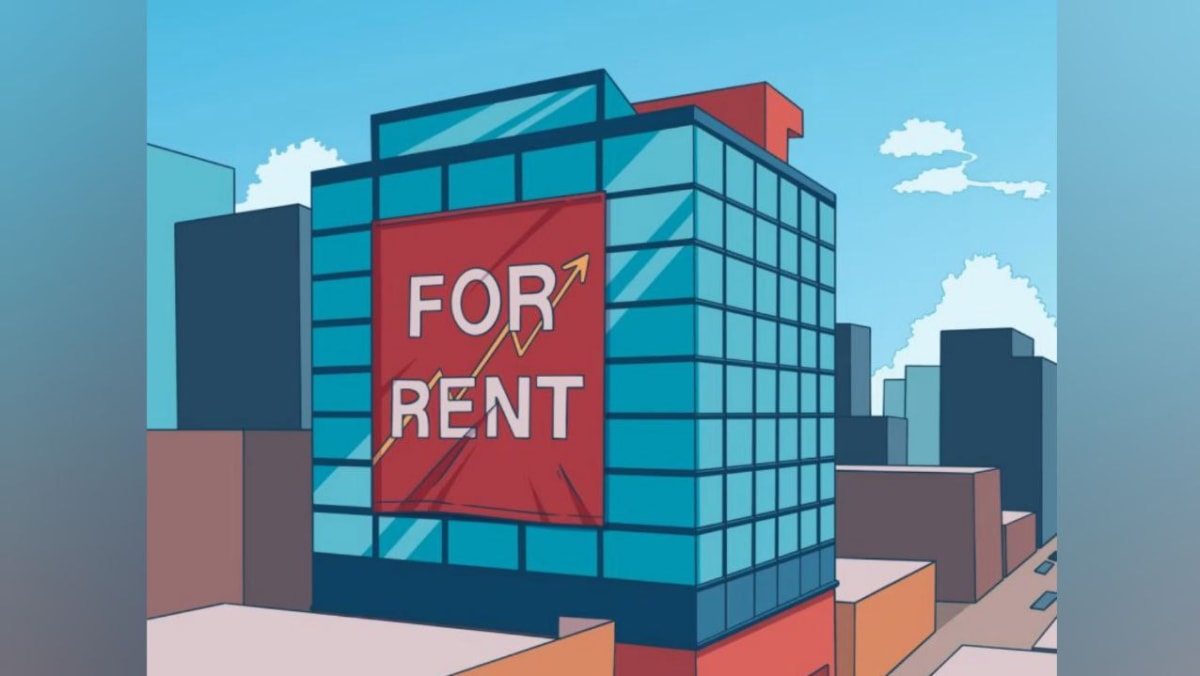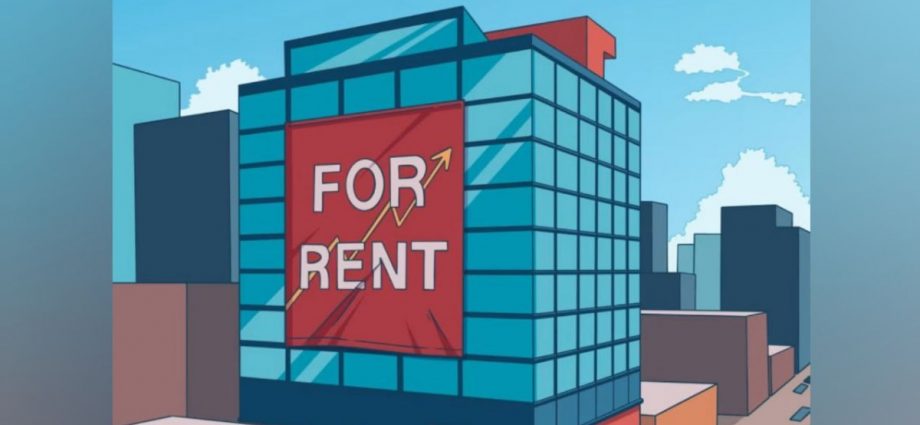
Indeed, raising the prices of goods in Singapore is not so simple for some retailers, particularly those who have an overseas presence, such as Mr Terence Yow. He is the managing director of Enviably Me, the official distributor of the Melissa brand of fashion footwear in Singapore, Malaysia and India.
Mr Yow said that there is a recommended global pricing to follow when it comes to selling his women’s footwear, and if he were to raise his prices by 30 per cent to cover the increase in business costs, he would lose his business to e-commerce platforms.
On top of this, inflation has hurt consumer confidence.
“People might still go out to eat, but they are definitely de-prioritising their product purchases, especially in the fashion lifestyle area,” he said.
To keep his overheads low, Mr Yow has had to give up good shop locations to bring the cost of rent down.
If he had stuck to the prime shop locations, the overall cost of rent for his business would have easily increased by 10 per cent.
Mr Yow, who is also chairman of the Singapore Tenants United for Fairness, observed that rental increases have been uneven across the island.
Suburban malls, for example, are seeing rentals going up higher than pre-COVID-19, he said.
However, in the central business district area, he said it is a “mixed picture”, with rents in some areas being lower than what they were before the pandemic, while others have risen higher or stayed constant.
Much ink has previously been spilled about the imbalance of power between landlords and their tenants, which even led the Singapore Business Federation to create guidelines aimed at putting a stop to unfair leasing practices in 2015, after companies reported surprise jumps in rents when renewing leases.

